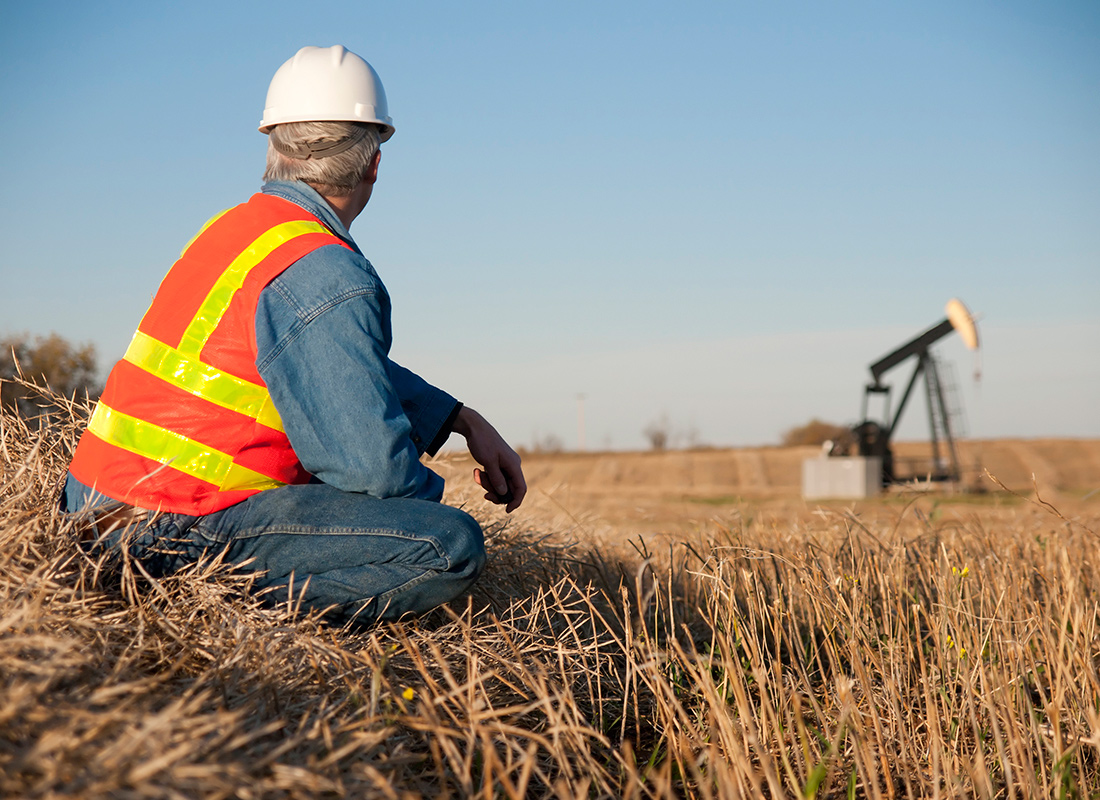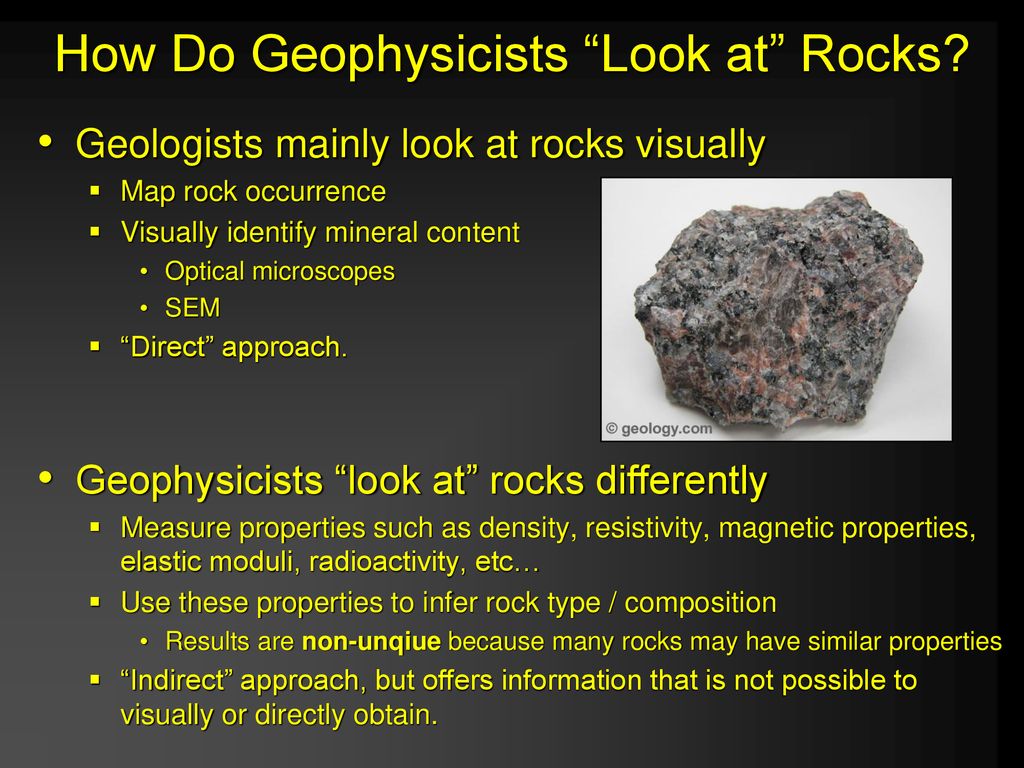All Categories
Featured
Table of Contents
Geophysical Survey in Heathridge Oz 2023
This work is increasingly contracted out, so consultancies provide another source of employment. Consultancy firms differ in size, from extremely small companies to large multinationals. Some consultancies are quite specialised in using particular geophysical techniques or operating in particular locations, while others offer a more varied variety of services to their customers.
The extraction of gas from landfill sites is another area of work and this may grow in the future. Exploration business might carry out work for building and construction companies, public utility, mining business and environmental companies, so geophysicists may be used in any of these settings. Other employers include: geological surveysgovernment bodies and agenciesuniversities and research institutes.


Jobs might be listed in the oil and gas sector press. Recruitment is affected by oil rate changes and the level of competition for positions varies depending upon this. Professions Days, which cover the complete series of geoscience professions and are normally gone to by a variety of key market companies, are run by The Geological Society.
Integrated Geophysical Surveys For The Safety in South Fremantle Western Australia 2023
Some of the big oil and gas business use a complete two-year structured training programme across the breadth of geophysics, including the chance to experience work in various groups before specialising in one location. Your training might include deal with: existing wellsmagnetic and gravitational possible field data analysisresearchrock analysis. However, it's more usual for your initial training to be provided on the task.

There may be a probationary period throughout which you work together with an experienced colleague. Competency-based appraisals occur routinely in most firms. In smaller sized firms, and for academic posts, there is not likely to be any official training - you'll be expected to begin work straightaway and choose up abilities as you go along.
If you work for a smaller sized company, you may find that you need to take responsibility for organizing and funding your own advancement and training. If you have a geology degree, subscription of The Geological Society can be helpful for networking and for maintaining to date with the market.
What Does A Geophysical Data Technician Do? in Mahogany Creek Western Australia 2020
You may likewise find it beneficial to sign up with the PESGB (The Petroleum Expedition Society of Great Britain, which has a geophysics special interest group. After a probationary period, and when you have actually gotten some experience, you might advance to senior geophysicist, then group leader and after that into a senior role in management.
The ease of movement in between functions depends on the company structure. Research study at Masters or Ph, D level in a subject related to geophysics or geosciences may assist with your profession advancement and progression. The work market within the oil and gas industry is really based on price and this may affect your chances for career development.
Not all tasks are dependent on the oil and gas markets. For knowledgeable geophysicists, freelance consultancy provides a good path for career development. You can likewise specialise in a particular location of geophysics. As a geophysicist, you're likely to have numerous jobs throughout your working life. Worldwide movement is important for handling peaks and troughs in different countries at different times.
What Is A Geophysicist? in Fremantle Aus 2020
From geophysics, it's possible to concentrate on seismology (completing more training to become a seismic interpreter) or to move into associated areas such as engineering geology or danger forecast.
Deciding what to study in college is a difficult option. Even if you know that your field of interest lies in science, what program of research study is ideal for you?
However the first step to accomplishing your objective of ending up being a geophysicist is earning a degree. Even for entry-level positions in the field of geoscience, you'll need a bachelor's degree (a geophysicist college degree) from a recognized college or university. Some research positions require candidates to hold master's degrees and even Ph.
What Is Geophysics And What Do Geophysicists Do? in Nedlands Oz 2020
Doctoral degrees are particularly important if you plan to teach at a four-year organization. Geophysicists apply physics principles and methods to study the gravitational, magnetic, and electrical fields of the earth. This enhances researchers' knowledge of both the planet's interior core and its surface area. Geophysicists need to be able to: examine rocks, photographs, and other pieces of information carry out research study both in the field and in labs develop maps and charts of their findings write reports To accomplish all this, trainees need a specialized education for geophysicist careers.
As stated above, you'll need a bachelor's degree in geoscience or a related discipline, such as a physical science or a natural science, to land an entry-level task. Students can likewise prepare by majoring in topics like: Biology Chemistry Computer system science Engineering Mathematics Physics The above geophysicist majors provide a more generalized approach to a single clinical discipline, but most programs need students to take one or more geology course.
Latest Posts
Where Can A Geophysicist Work Other Than The Oil Industry? in Ellenbrook Oz 2021
Geophysicist in Como Aus 2022
Geophysical Surveys Definition & Meaning In Stock ... in Karrinyup Aus 2022